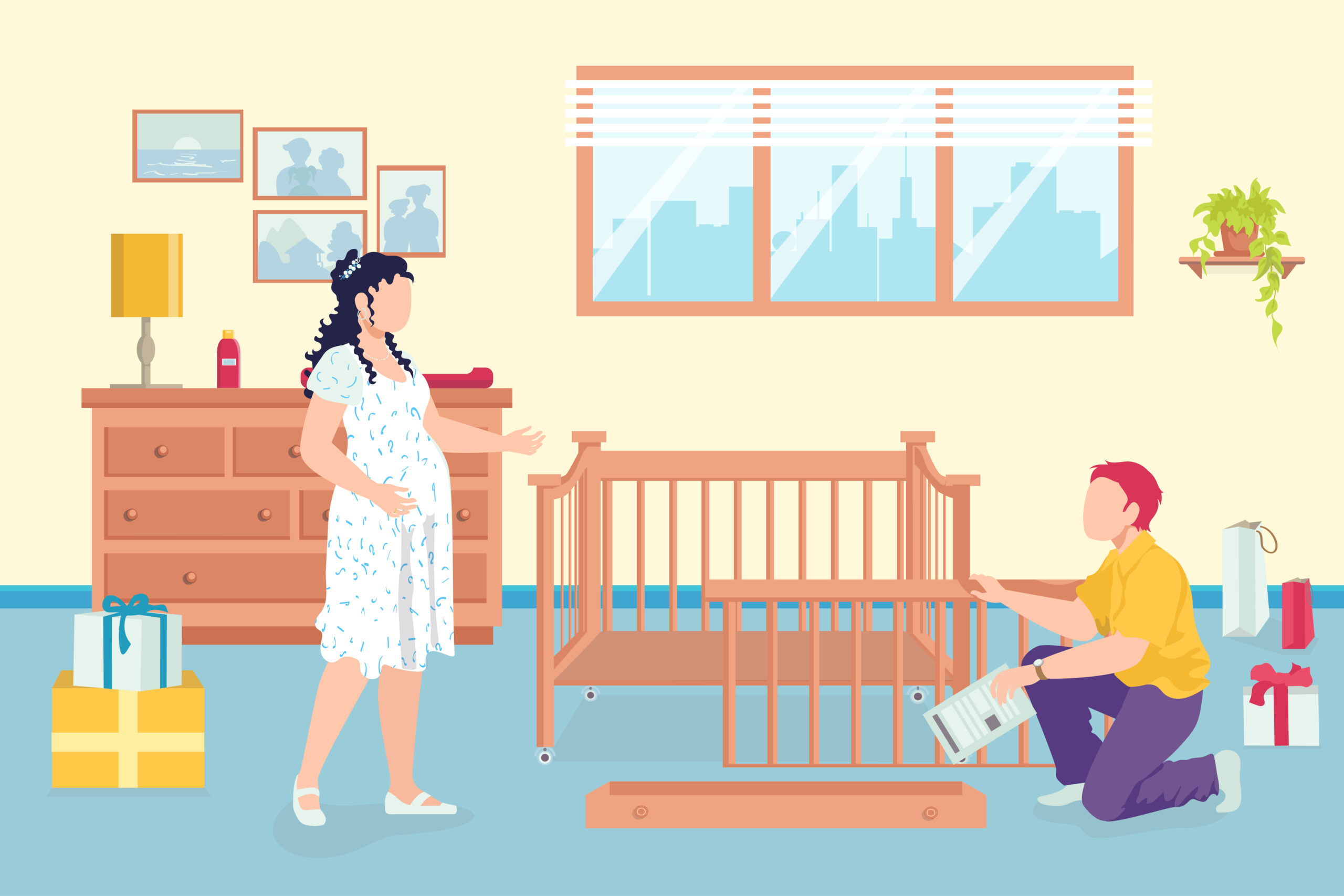baby’s first week home preparations
As a soon-to-be first-time parent, I’ve spent a lot of time reading, listening, watching, and panicking (just a little/lot) about what those first few days at home with a newborn might actually be like.
From what I’ve gathered, the first week is a mix of beautiful, exhausting, and totally unpredictable moments. You’re learning on the fly while also healing, adjusting, and running on very little sleep. Sounds fun, right?
Here’s how I’m getting ready for that wild first week—based on tips from experienced parents, baby books, and way too many social media videos.
1. Letting Go of Perfection
Almost every source I’ve come across says the same thing: don’t expect to get much done. This is not the week for laundry piles or elaborate meals. The main priorities are:
- Keeping the baby fed
- Keeping them clean
- Holding them close (with lots of “skin to skin”)
- Getting through each day
So I’m reminding myself in advance: if the house is messy or I haven’t got all my other to do list done, that’s okay.
2. Creating a “Parent Station”
One tip I love is to set up a mini base camp wherever I’ll spend most of my time—probably the couch or bed. I’ve started gathering:
- Diapers and wipes
- Burp cloths
- Snacks and a big water bottle
- Phone charger
- Extra clothes (for both me and baby)
A lot of parents say having everything within arm’s reach helps, especially during late-night feedings when you’re half-asleep.
🧺 I’m considering grabbing this portable organizer to keep everything in one place.
3. Planning to Sleep in Shifts
I’ve read that one of the hardest parts of the first week is the sleep deprivation. Some couples swear by sleeping in shifts—where one parent handles the baby for a few hours while the other gets uninterrupted sleep, and then they swap.
I’m hoping we can try this if it works for us. If I were doing this solo, I’d definitely want to ask a friend or relative to help for even just an hour or two.
4. Using a Feeding Tracker
Apparently, it’s really easy to forget when the baby last ate, which side they nursed on (if breastfeeding), or how many wet diapers they’ve had. I normally keep notes in an old school notebook like this, so I’m going to ask my partner to join in on that to help us keep up to date.
🍼 Some parents also use an app like Huckleberry. Whatever helps avoid the “wait, did I just feed them?” moment.
5. Being Ready to Accept Help
This is something I know I’ll struggle with—but everyone says to accept help when it’s offered. So I’m making a mental list of things people can do for us:
- Drop off a meal
- Fold laundry
- Hold the baby so I can shower or nap
And I’m practicing saying “yes” without guilt (it’s hard!)
Also, if you are supporting someone that has a newborn, apparently offering specific help (“want me to pickup your favorite meal?”) is much more appreciated than open ended help (“let me know if I can do anything for you…”)
6. Preparing Emotionally for the Rollercoaster
From what I’ve learned, emotions can be all over the place in the first week—especially around days 3–5, when hormone shifts can trigger the “baby blues.” I’m trying to normalize that for myself ahead of time, so I won’t be caught off guard.
If feelings of sadness or anxiety get too heavy, I plan to talk to someone—partner, doctor, therapist. No shame in needing support.
7. Keeping It Simple with Baby Gear
I’ve read enough “things I didn’t actually use” posts to know I don’t need every baby gadget ever made.
A few things people do recommend having ready from day one:
- A good swaddle or sleep sack
- Newborn Diapers and wipes (obviously)
- A safe sleep space (like a bassinet)
- A comfy carrier or wrap
- A pacifier (just in case)
Final Thoughts: It’s Okay Not to Know Everything
I’m going into this knowing I won’t have it all figured out—and that’s okay. I’m learning, asking questions, and trying to give myself grace.
If you’re a fellow parent-to-be reading this: we’ve got this. One day (and one diaper) at a time.

Leave a Reply
You must be logged in to post a comment.